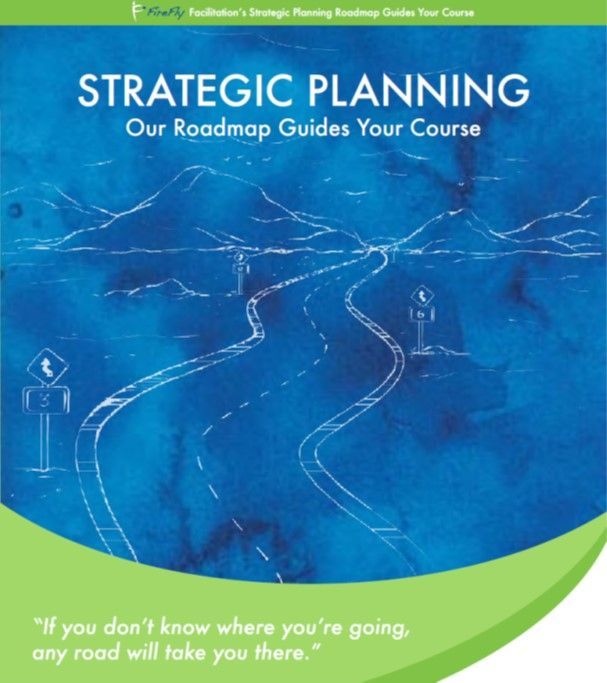Pulling It All Together
Creating action plans for those great ideas that will get executed with excellence.
Now that your team’s ideas have been thoroughly evaluated, you’ve reached the final step of your process . It's now time to reach an agreement on what will be implemented, and what needs to be discussed and clarified. Congratulations! You’re well on your way to solving your original problem.
To begin, ask the analytical members of your team to help everyone test the solutions they’ve come up with, to make sure they’ll solve the original problem. Let your organized team members lead the charge by engaging the team in the development of action steps for executing these ideas by asking questions.
Beware - you might get some groaning from those who love the creative brainstorming part but not the detailed planning; remind them that the great ideas we just developed won’t get fully executed if we don’t do the hard planning work now . Some questions you might ask include:
- What does success look like at the end of full implementation for each idea?
- Where are we currently with this problem?
- What are the major steps to get from current to future state?
- Who needs to be accountable for each one?
- What are the due dates?
It’s best if you create these timelines and major milestones while the team is still present at the session. It’s also a good idea to keep the planning time-frame short - about 90 days. That is about as far into the future as most teams can see. (One exception to this is for very large-scale change initiatives.)
You don’t need to outline each detailed activity step at this time; that is up to the individual to create a more complete project plan later. But do spend at least a few minutes troubleshooting the plan by asking such questions as:
- What are the most difficult, complex, or sensitive aspects of our plan?
- What organizational or technical blocks and barriers could we run into?
- Have we incorporated some good change management principles into our plan?
During the large-group debrief, ask each solution implementation sub team to walk through each of the major steps, while the others listen for interdependencies, gaps, and redundancies. They can also help the team to stress test or troubleshoot the plan.
Beware "irrational exuberance"! I warn you that by this stage most teams are very excited and want to plan very aggressively by choosing many ideas, short time frames, and front-loading them for the first 30 days. Help them to temper their fervor with reality testing, but not enthusiasm busting. This public announcement of the team’s intentions is a great way to build commitment to the plan and to help each hold the other accountable for living up to their deadlines.
Last, reach agreement on how to check progress and course correct. These progress reports should include the activities that have been implemented, the results achieved, and any remaining items with corresponding expected completion dates. The leader and the team need to take a positive, action-learning approach to dealing with failure. Were the dates too aggressive? Did we meet unexpected obstacles? Should we revisit some of the ideas that didn’t make the cut to see if they might work instead?
The team needs the leader’s support the most at times like this. Remember to celebrate the successes and be tolerant of intelligent mistakes, but not delays or errors due to such things as a lack of collaboration or a lack of commitment to execution. Keep the creative spark alive and it will light a fire under future problem-solving.






